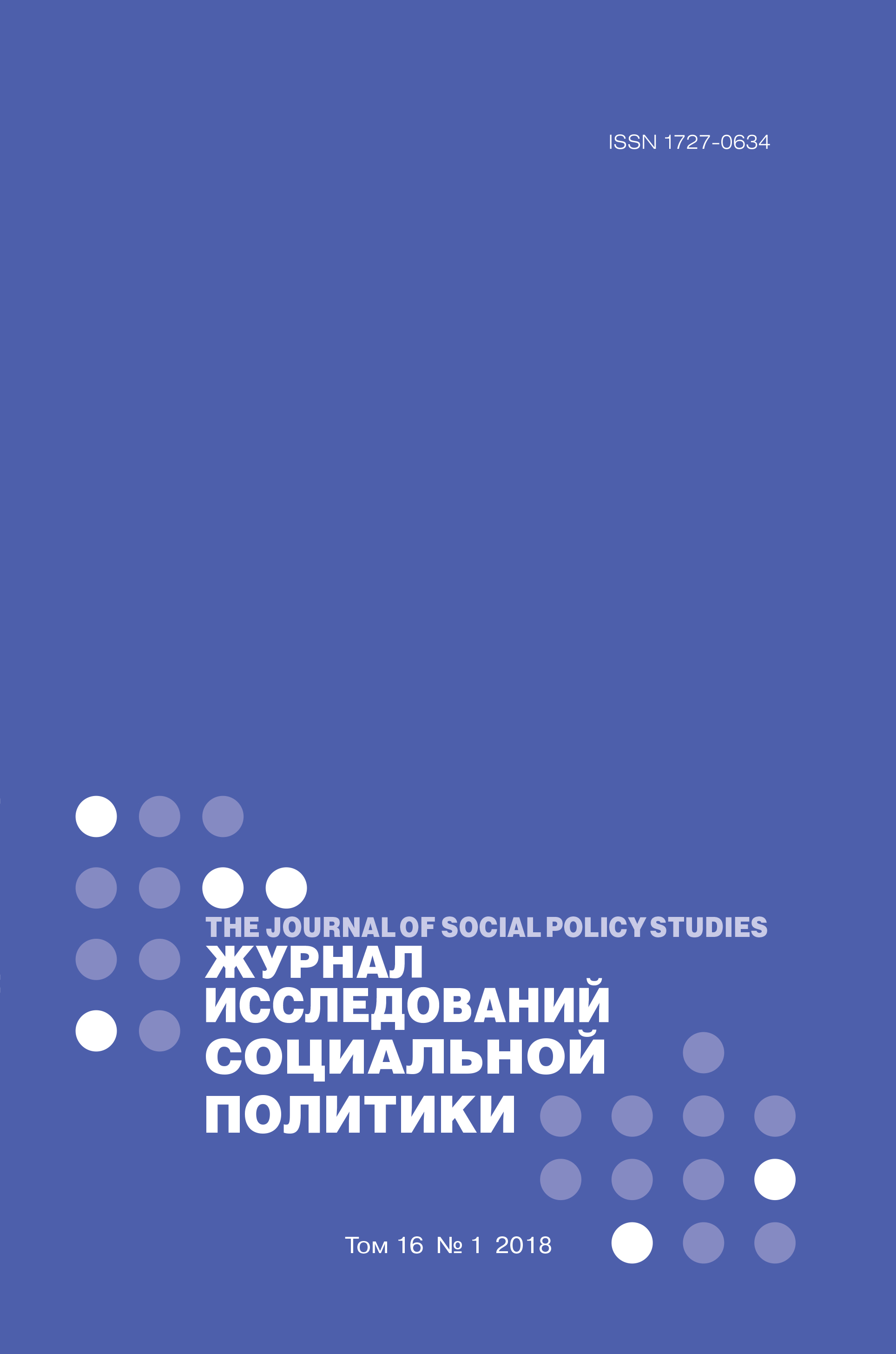Achieving the Social Inclusion of Elderly People: A Continuation of Employment or 'Advanced' Leisure?
Abstract
Alexandra Dmitrieva - PhD in Sociology, research fellow at IFMO University, St. Petersburg, Russian Federation. Email: alexandra.dmitrieva.uni@gmail.com
The study was conducted within the framework of a multiple case study strategy. Firstly, we tried to uncover what motivated elderly people to attend specialized courses in ICT literacy. Secondly, we analysed processes of interaction among the elderly in the context of training courses and self-mastering computer literacy, such as emerging everyday user practices and reasons for their avoidance. We also studied one organization as a case: 'School of the Third Age' in Nevsky district, St. Petersburg. The School created a number of opportunities for the surrounding small elderly communities and provided a wide number of educational options, including computer literacy courses. The main research question was whether motivation to study at these courses is mainly connected to a desire to diversify leisure time, or, more about mastering new practices even when such skills were not implemented toward concrete rational goals? At the second stage of the study, an additional question emerged: if the acquisition of ICT literacy skills is not a central factor attracting the elderly in any new activity, can a variety of services create the conditions for improving their integration into active life through leisure and creating new communities? This paper suggests this can be understood a form of prestigious consumption. As a result of the study we made several conclusions. Providing opportunities for elderly to participate in different forms of activities aimed at creating long-term partnership, more socially-oriented than client-oriented, and probably could bring more meaningful results both for the elderly themselves and for society as a whole. However, the school we examined, which has existed since 2004 and remained without state support, claims the Government is not interested in partnership with elderly people and their NGOs, regardless of whether they offer 'advanced' leisure and opportunities for creating new communities in the period of leaving work and employment.















